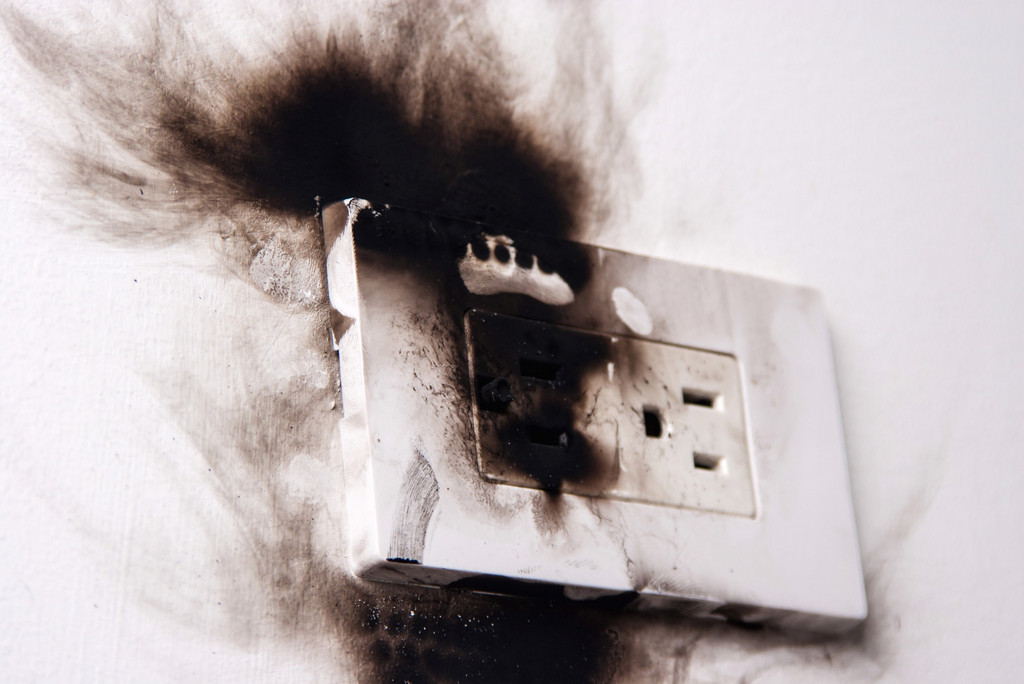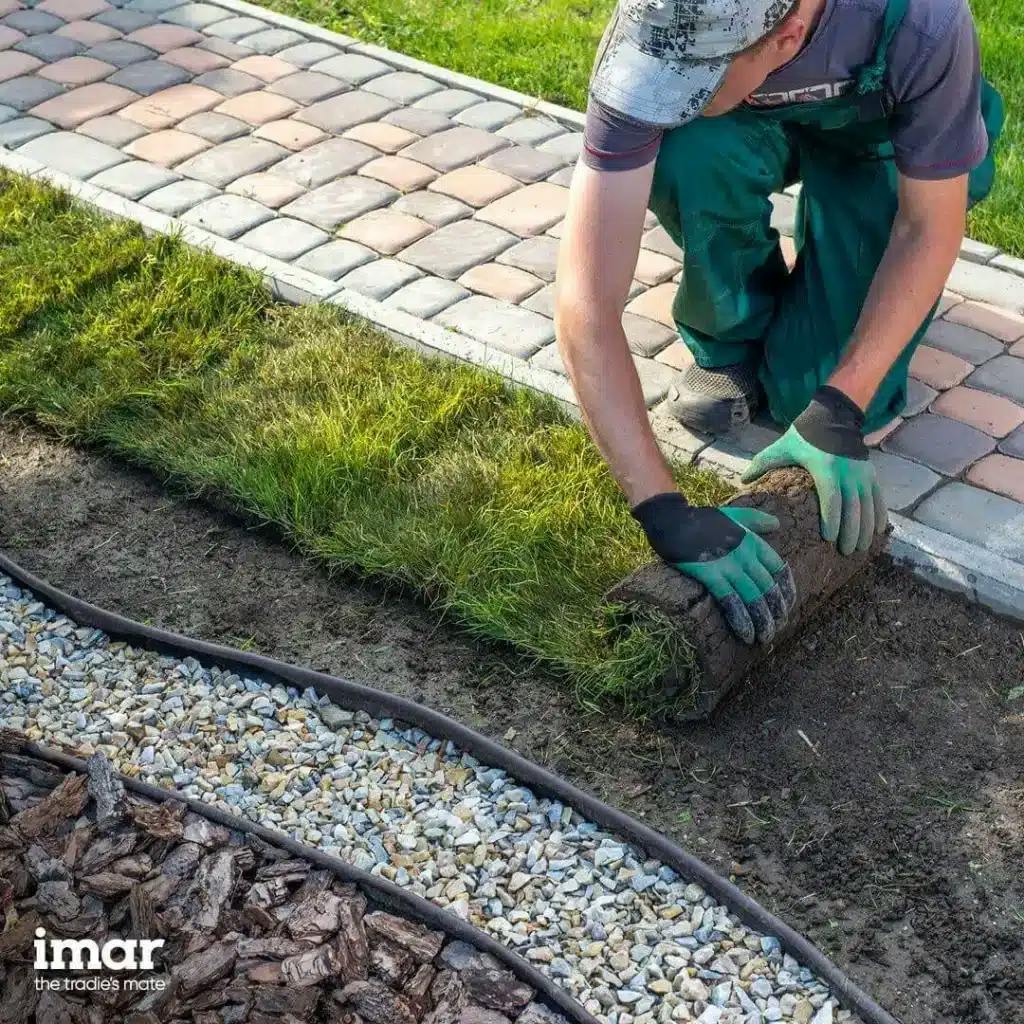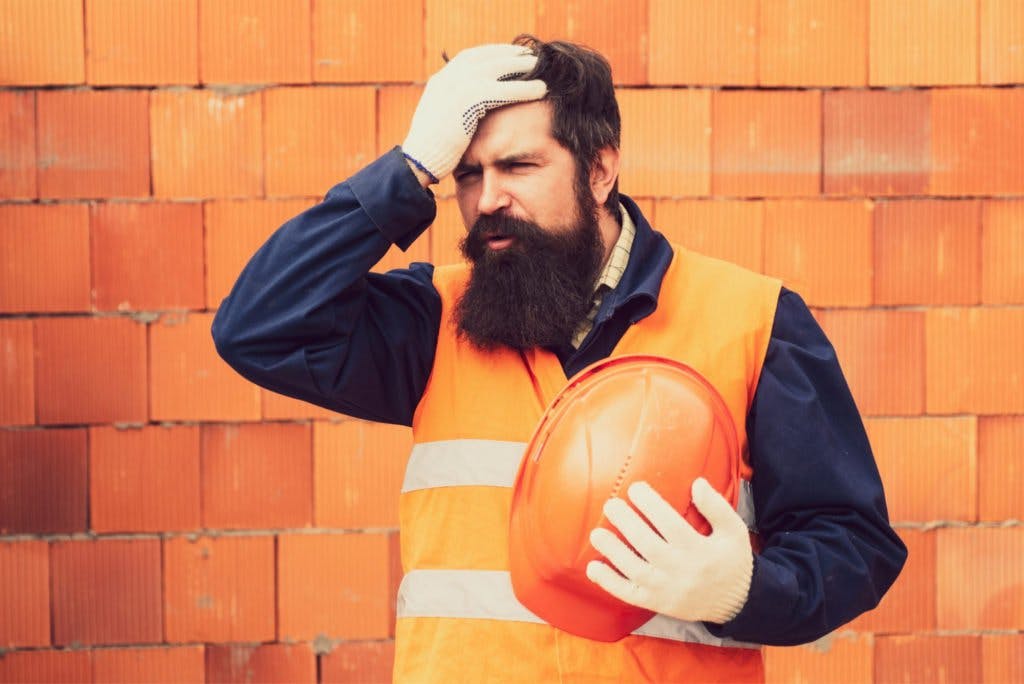Construction is considered one of the most dangerous industries in Australia. Builders are exposed to all kinds of hazards and injuries while on the job, risking their health and well-being.
Among the safety hazards tradies face at work are electrical risks. Slight, non-fatal shocks are common in construction projects, but it’s important to prevent worse electrical hazards that can cause permanent health consequences.
Common Electrical Hazards
Here are some of the most common electrical hazards in the workplace:
- Exposed electrical parts
- Wet conditions
- Damaged tools and equipment
- Overloaded circuits
- Inadequate wiring
- Overhead power lines
- Improper grounding
- Live electrical equipment
- Defective insulation
- Inappropriate use of temporary wiring
The effects of electric currents on the body range from mild to severe. These include electrocution, painful shocks, electrical burns, severe muscular contraction, nerve damage, respiratory damage, cardiac arrest and possible death.
With these electrical and other safety hazards, precautionary measures are critical in protecting tradies and other construction workers. Tradies must always observe health and safety protocols to minimise the risk of injuries.
Precautionary and Safe Work Practices
Below are some safe work practices tradies should always follow:
- Always assume that the electrical wiring is live. Inspect each wiring thoroughly before use. Replace damaged electrical cords immediately, especially in wet environments.
- Check for a current test tag and any cable damage when working with extension cables and power tools.
- Regularly inspect and test electrical equipment to quickly spot damage, wear and electrical faults. The inspection must be conducted by a licensed electrical inspector or registered electrician.
- Limit the use of extension cords. These are prone to overloading, which may cause electrical fires. If you need to plug a piece of equipment for a long time, request the installation of a new electrical outlet.
- Know the location and how to operate circuit breaker panels and shut-off switches. Use these devices to turn off the equipment in the event of a fire or electrocution.
- Eliminate the risks of water and chemical spills near electrical equipment to prevent electrocution and fires.
- All electrical cords should be insulated to prevent contact with live wires.
- All exposed circuits and sources of electricity should be guarded properly.
- Wear non-conductive gloves and insulated shoes when handling any equipment or tools that are plugged in.
- Builders and other workers who don’t specialise in electrical equipment must first consult sparkies before drilling or cutting into walls and floors. There may be hidden cables underneath the surface that can cause electrocution.
Apart from following these safe work practices, it’s essential for tradies to have insurance coverage. Accidents can happen anytime to anyone, so it’s better to have the appropriate cushion in case the unthinkable happens. Tradies insurance helps you get back on your feet in case of an injury or illness, helping you recover physically and financially.

Protect Yourself with Injury and Illness Insurance
IMAR provides much-needed reliable coverage for builders, tradies and businesses. As a trusted insurance provider for more than 30 years, we protect you, your employees and your business, keeping your finances in check in the event of a workplace-related accident or sickness.
At IMAR, we also offer other policies to fully insure your business from potential losses, including income protection and tools protection.
Contact our experts today to know how you can safeguard your business and employees.



